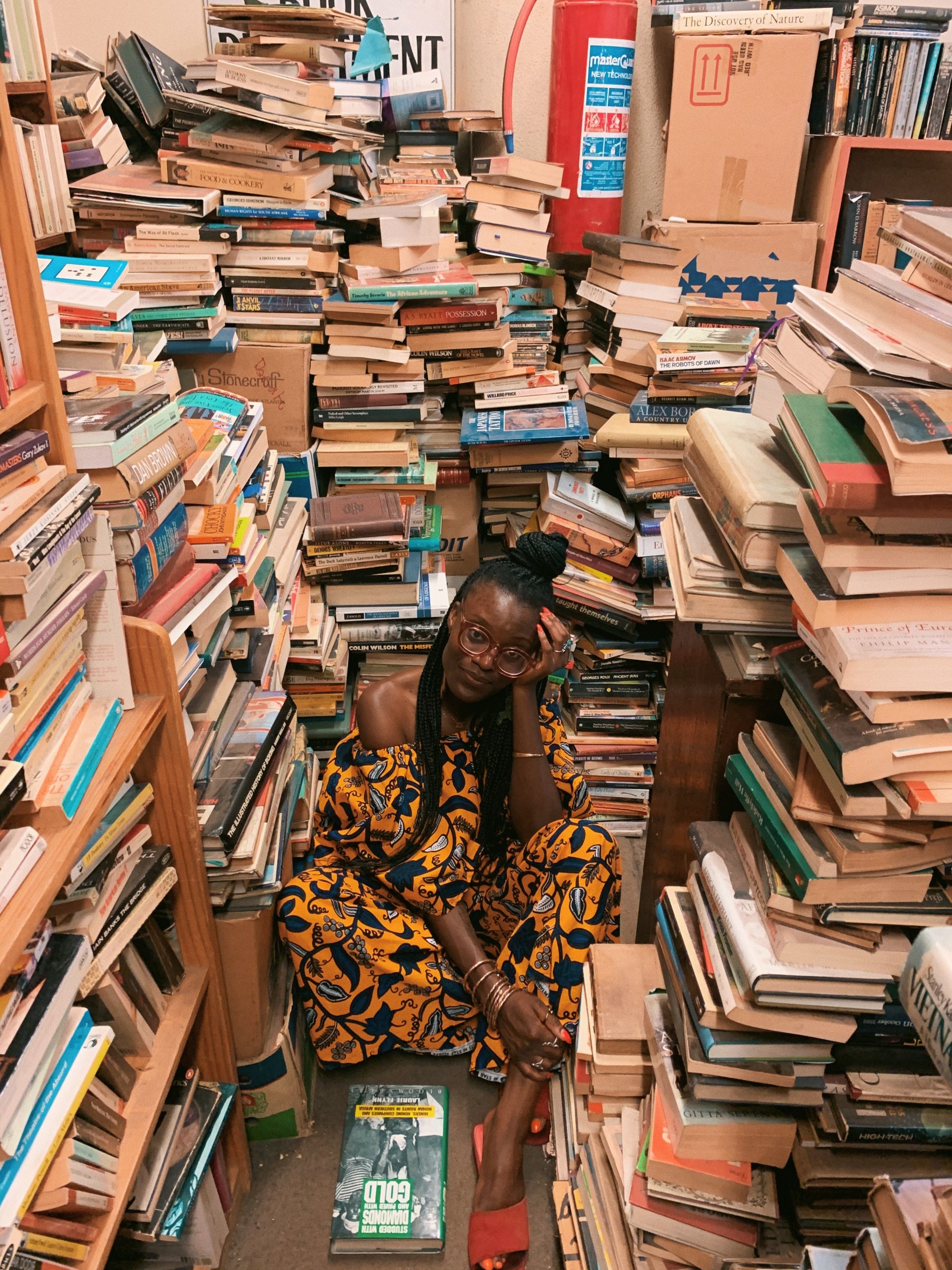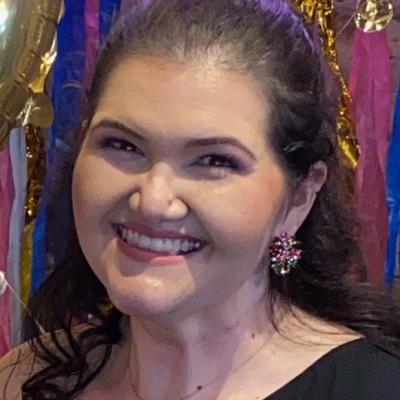
When Bilphena Yahwon heard about the death of Oluwatoyin Salau, a 19-year-old Black Lives Matter activist, in late June, she was overwhelmed with emotion. Yahwon, a Liberia-born, Baltimore-based writer, immediately turned to her bookshelf to search for consolation.
“I needed to find something that would make sense of the grief and despair that was not just choking me, but so many other Black women,” Yahwon says.
As she rummaged through the shelf, Yahwon finally settled on Six Black Women: Why Did They Die? by the Combahee River Collective. The Black feminist organization distributed the pamphlets in 1979 to call attention to the lack of media coverage and urgency in solving the murders of multiple Black women at that time.
“I felt the knot in my throat settle for just a bit,” Yahwon says, “because I knew that they had been here too.”
This experience exemplified why Yahwon decided to start The Womanist Reader. She wanted Black women to be able to turn to language and literature when they encounter despair in the real world. Most of all, she wanted people to enrich their political education through reading.
Named after Layli Phillips’ 2006 anthology, The Womanist Reader is an Instagram account that acts as a free online library and features PDF texts from Black female writers across the African diaspora.
Yahwon, who is also core collective member of the city’s Press Press publishing initiative for underrepresented voices and narratives, began archiving these works in college and made her collection available to the public last year. Every work she includes is chosen intentionally, with authors ranging from American novelist Toni Morrison to political activist Angela Davis. Her hope is that the texts will help to politicize readers to a world without prisons, capitalism, anti-Blackness, and transphobia.
Following the death of George Floyd, as nationwide Black Lives Matter protests have spread curiosity about topics such as police abolition, Black women specifically have been reminded that their deaths lack the same vehemence that is displayed for Black men, according to Yahwon.
“Black women are looking for language to describe the unique experiences that come with Black womanhood,” she says. “The Womanist Reader is helping so many contextualize what they are seeing and experiencing.”
